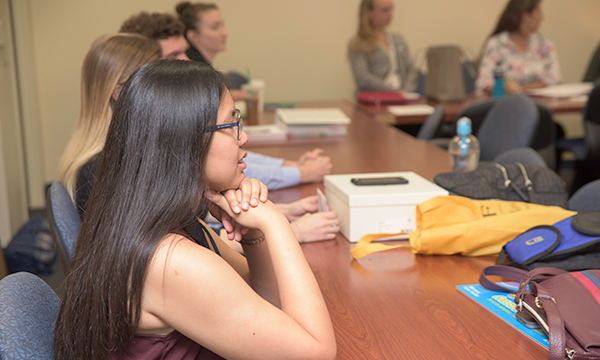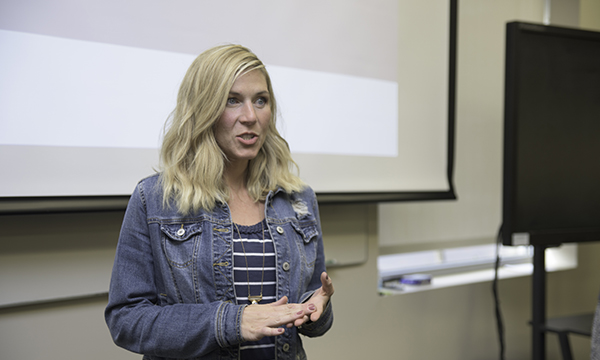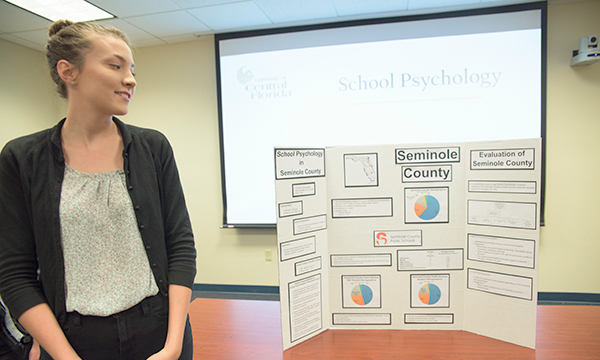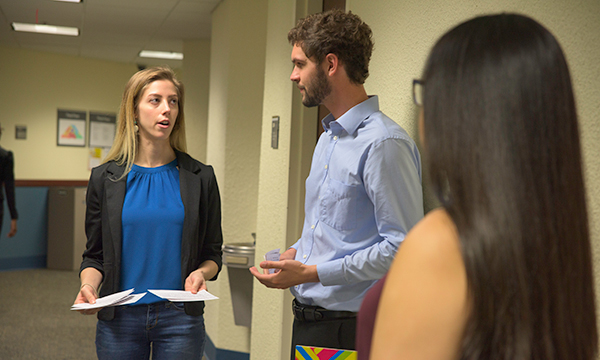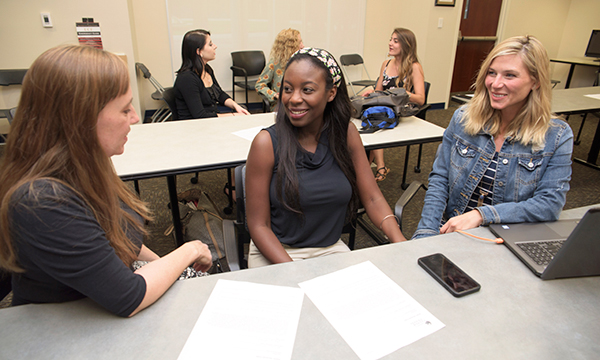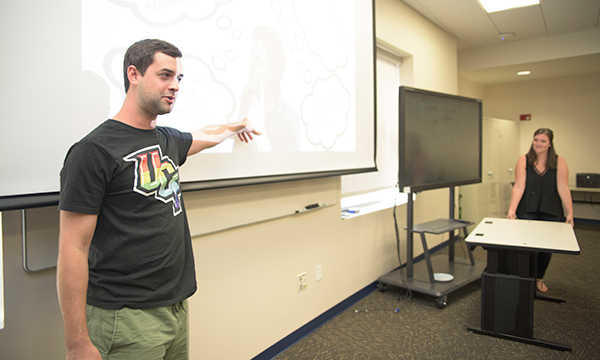The program is accredited by the State of Florida, Department of Education. Graduates are immediately eligible for certification as School Psychologists. All are well-equipped to pursue a range of career opportunities in the field of school psychology.
The Education Specialist (Eds) in School Psychology program is designed for students who wish to become certified School Psychologists. This specialist degree has a very specific curriculum to meet the respective licensing requirements for school psychologists.
The program involves formal preparation and practical experiences focusing on psychological foundations (human development, learning and motivation), psychoeducational assessment, exceptional students, remediation or intervention techniques, counseling skills, as well as a full-time, supervised internship of two semesters in the public school setting. Graduates are certifiable at the state level.
The EdS degree program in School Psychology is based on the assumptions that school psychologists can apply relevant knowledge and skills from a variety of disciplines to the learning and adjustment problems of preschool and school-age children; and that relevant knowledge and skills can be transmitted through a variety of services including:
(a) consultation with teachers and parents
(b) direct services to children and young adults
(c) indirect services to school and community organizations.
Scholarship and Student Funding Available!
The UCF School Psychology Program recently received a federally-funded grant that provides funding for courses leading to the Ed.S. degree in School Psychology as well as a Collaborative Intervention Specialist Graduate Certificate. This project is in partnership with the UCF Special Education Program. Funding is limited to approximately 10 students per year.
Apply for Admission to the UCF School Psychology Program and the Certificate
As a mental health profession, school psychology ranks as a top social service job!

Program Philosophy
The School Psychology Program’s philosophy is to accent the individual and accent excellence. Therefore, faculty members are committed to providing exemplary professional training for the preparation of future school psychologists. The following program philosophies are taught, modeled, and encouraged throughout the program to help ensure that our students will be able to facilitate the delivery of comprehensive and effective psychological services.
Commitment to a Respect for Individual Differences.
The School Psychology Program is committed to recognizing the worth and dignity of every individual. The Program emphasizes awareness of cultural diversity and the unique learning characteristics of certain groups and the ability to work with appropriate agencies to ensure that an individual’s abilities to learn are maximized. To help accomplish this, the School Psychology Program is committed to training students to work as effective change-agents with school-based personnel, parents, and community agencies. Coursework and field-based experiences are designed to ensure School Psychology students develop competence in working with cultural and linguistically diverse students.
Commitment to Ethical Practice.
The School Psychology Program stresses the importance of sound ethical practice in the delivery of school psychological services. The Program conducts all activities according to the ethical standards of the American Psychological Association and the National Association of School Psychologists. The Program is committed to providing students with the opportunities to interact with the legal profession in order to validate the legal and ethical aspects of our work.
Commitment to Best Practice based on Empirical Knowledge.
The School Psychology Program is dedicated to teaching students about best practices that have been empirically evaluated and shown to be reliable and valid. The Program is committed to teaching students to question existing practices and to provide them with the skills to conduct research to evaluate new or existing practices.
Coursework Philosophy
The program’s coursework has been designed to provide students with a thorough sequential knowledge base and experiences that orient the student to the traditional roles of the school psychologist and allow the acquisition of advanced skills to provide appropriate intervention/preventive services in a number of settings. This blend of formal coursework and carefully selected field-based experiences is viewed as a strength of the program. The program faculty work closely with local education agencies and model the role of the school psychologist as a change agent.
Licensure Exams & Program Accountability
See Program Annual Report and Student Outcomes Data
This program has potential ties to professional licensure or certification in the field. For more information on how this program may prepare you in that regard, please view the licensure disclosure for this program.
UCF School Psychology program accreditation:

